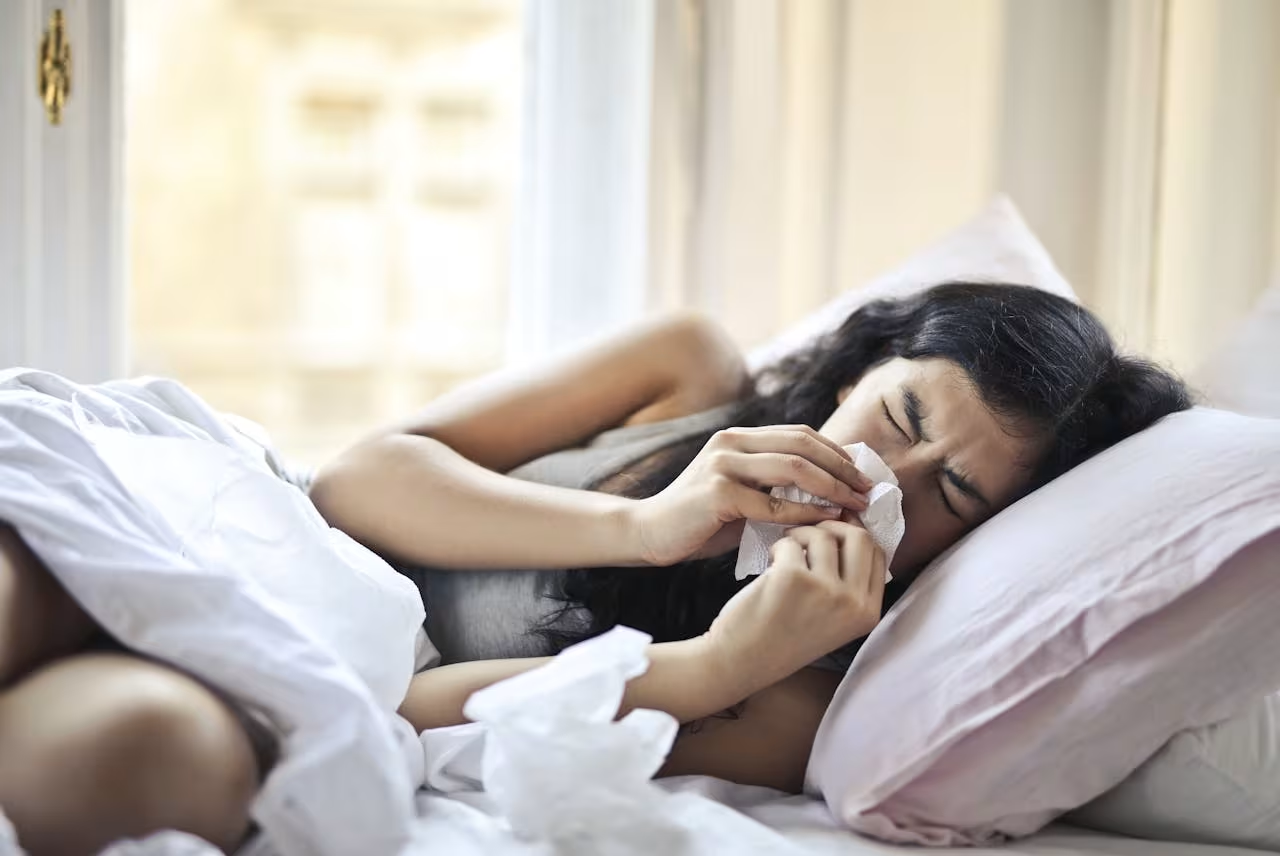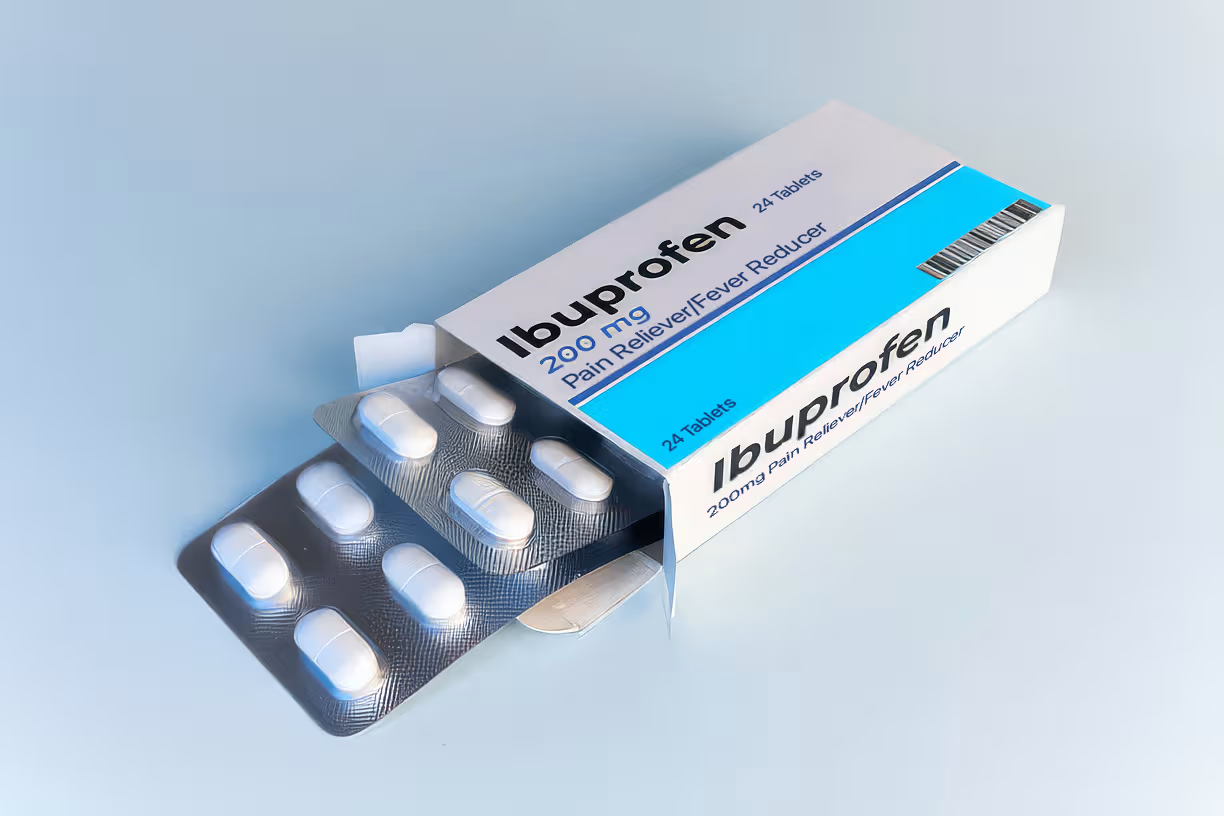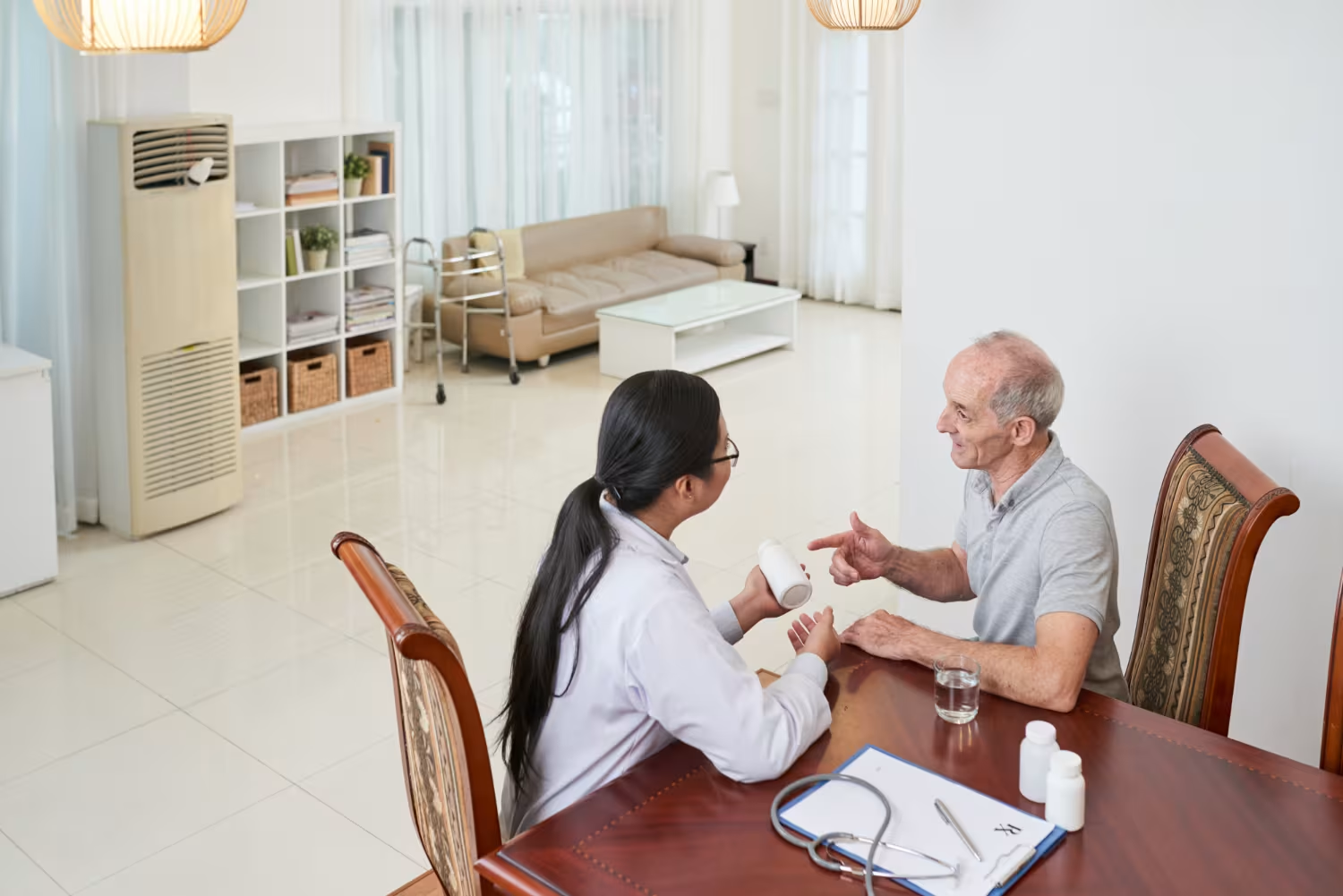
When most people think of Seasonal Affective Disorder (SAD), they often associate it with the winter months, where shorter days and reduced sunlight can lead to feelings of depression and low energy. However, SAD isn't limited to the colder seasons. A lesser-known but equally impactful form of SAD occurs during the summer, affecting 10% of the population.
Yes, SAD can occur in the summer, although it's less common than winter SAD. While winter SAD is linked to a lack of sunlight, summer SAD is triggered by different environmental and social factors, such as longer days, increased heat, and changes in routine. For some individuals, the bright and intense sunlight, combined with rising temperatures, can feel overwhelming and lead to feelings of anxiety, irritability, and depression.
Being SAD in the summer can feel confusing because it contradicts the general mood of the season. While others are enjoying the warmth, vacations, and outdoor activities, those with summer SAD may feel out of sync, struggling with a sense of pressure to be happy and active. Symptoms of summer SAD can include:
Coping with summer SAD requires a combination of strategies tailored to your individual needs. Here are some effective ways to manage and alleviate symptoms:
For those with summer SAD, the worst months typically fall between May and September, when temperatures are highest and daylight hours are longest. Just as winter SAD sufferers often struggle most from November to February, those with summer SAD may find mid-summer to be their most challenging time.
Seasonal Affective Disorder can affect people in any season, including summer. Understanding that SAD is not just a winter phenomenon can help those who suffer from summer depression to seek help and adopt coping strategies that work for them.
If you or someone you know is experiencing symptoms of SAD during the summer months, don't hesitate to book an appointment with one of our specialist doctors for support.
Managing summer SAD is possible, and with the right approach, you can find relief and enjoy the season once more.





